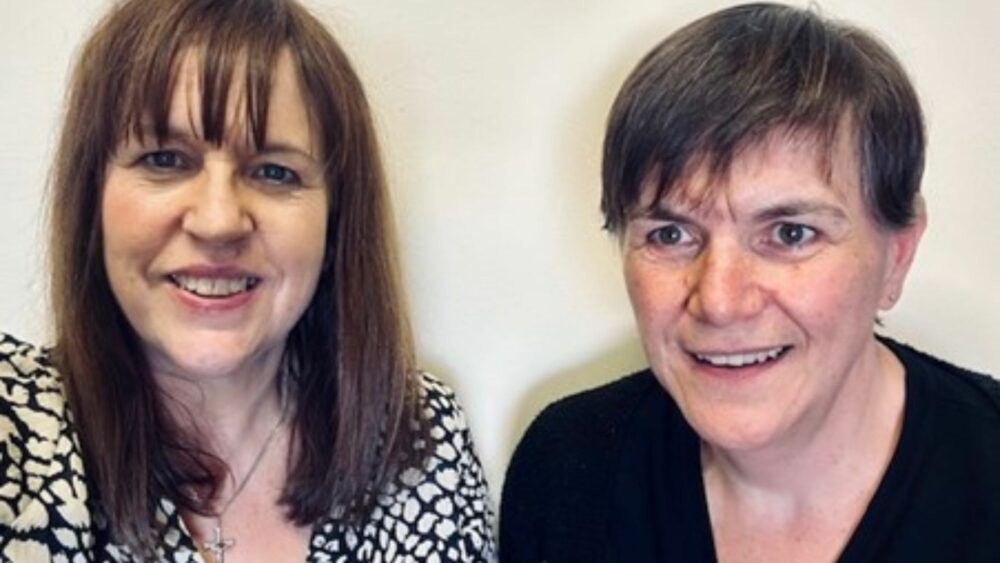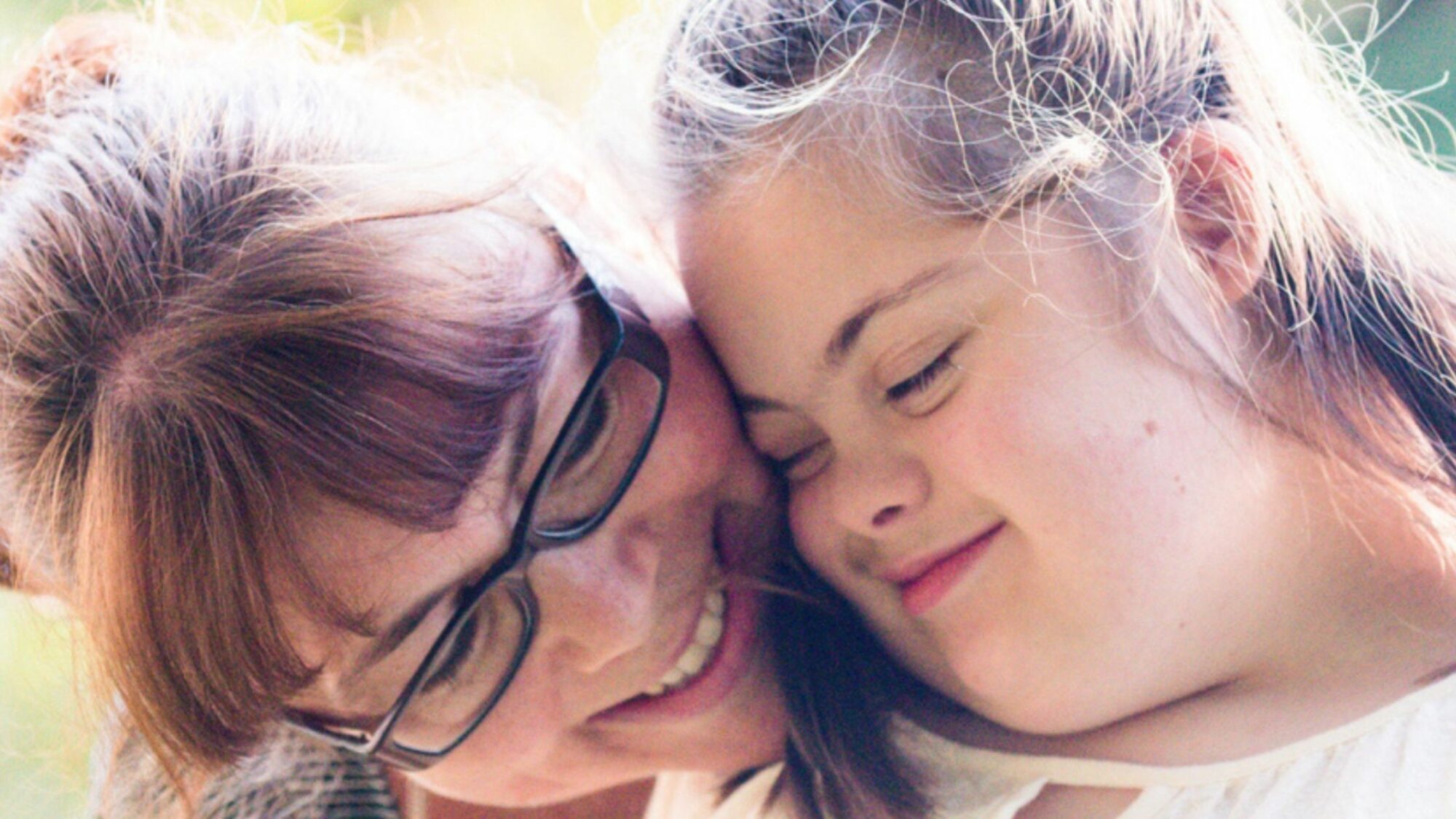A perspective from two NHS nurses
Rachel Salloway and Sandra George are learning disability nurses working in Torquay and West Devon respectively. In their roles they have been partnering with Rowcroft to support people with learning disabilities to plan for the future and to ensure that their voices are heard when it comes to their wishes for the end of life. Here Rachel and Sandra provide an insight into this inspiring aspect of their work.
What is a ‘learning disability’?
“In technical terms, someone is said to have a learning disability when they have an IQ of less than 70 and when they have acquired the disability at birth or in childhood,” says Sandra. “Learning disabilities affect people in unique and different ways throughout their lives, and some of the main challenges include reduced intellectual ability, and difficulties in communication and interaction with others, and with dealing with everyday tasks and understanding information.”
The role of a learning disability nurse
“Our role is to provide support in many different ways to people with learning disabilities in the local community, in their own homes and in care homes,” continues Sandra. “We support people with very diverse health conditions, working alongside a number of specialist professionals, including from Rowcroft, to ensure that we’re providing the very best care to people with learning disabilities.”
Supporting people with learning disabilities in planning for end of life
“As part of our role, we also provide training to people with learning disabilities about planning for their end of life, and Rowcroft has been instrumental in setting this up,” says Rachel. “We help people with learning disabilities to make decisions about their advanced care plan, to help them prepare for things that are important to them before they die. For example, it may be about the care plan that they wish to follow at the end of their life, or their wishes around death and dying, and also about what happens after their death. This planning provides an opportunity to double check with loved ones that everything’s been considered in a holistic way.
“We encourage people to do this sooner rather than later, even if someone’s quite young. As a nation we don’t like talking about dying and we’re not very good at preparing for our own deaths. Our role is about supporting people with those thought processes. It’s about opening up the conversation so that wishes can be communicated, understood by loved ones and ultimately fulfilled. People with learning disabilities often find communication challenging, and they can be quite isolated, so it’s even more important to make sure that their voices are heard.”
Relieving the pressure
“If people are able to prepare and plan early, it takes the pressure off the family when death is approaching and when emotions are running high,” says Sandra. “It means that everything has already been considered beforehand, and a plan is already in place. This is especially important when someone lacks capacity, as it enables the family to be involved in decisions in the best interests of their loved one.”
The end-of-life checklist
“We have a passion to make sure that people with learning disabilities are as comfortable and peaceful as possible at the end of life,” says Rachel. “With the help of Rowcroft, we put together an end-of-life checklist to support the care of people with learning disabilities who are in the final stage of life. This checklist assesses a wide range of things such as wellbeing, mobility, pressure relieving aids, breathlessness, and it includes a tool to find out how much pain someone is experiencing. The checklist helps carers and health care professionals to assess the whole situation and to identify physical and emotional needs.”

Rachel Salloway and Sandra George
The challenge of communication
“One of the main challenges facing people with learning disabilities is communication, because many people with learning disabilities haven’t got the verbal communication skills and the cognitive ability to tell people how they’re feeling,” says Rachel.
“For example, a person with a learning disability may present what others would deem as ‘challenging behaviour’ – but this can be their way of communicating that they’re in pain. As a specialist nurse for people with learning disabilities, I use detective skills to work out what’s going on, and to help people convey their needs. To help us do this, we use tools such as talking mats, which offer a way of communicating with pictures to help someone with learning disabilities to communicate their thoughts and feelings.”
Training
“Working alongside Rowcroft’s Education Team in delivering the training has been brilliant, and it’s enabled us to reach a wider audience,” says Sandra. “We feel it’s a very strong partnership – we’re able to offer expertise in supporting people with learning disabilities, and the hospice is able to provide the specialist knowledge in end-of-life care and advance care planning. So between us, we make a great team!”
Both Sandra and Rachel have benefited from the Rowcroft’s training that’s provided by Rowcroft’s Education Team to health and social care professionals across South Devon.
“The Rowcroft training is brilliant and I always recommend it to colleagues,” says Sandra.
For further information
- To find out more about the courses that Rowcroft offers click here.
- Visit Rowcroft’s ‘Planning for the future’ hub that has been developed to support people in having conversations around their wishes for death and dying, and preparing for the future.
- Read more about supporting someone with a learning disability at end of life.

